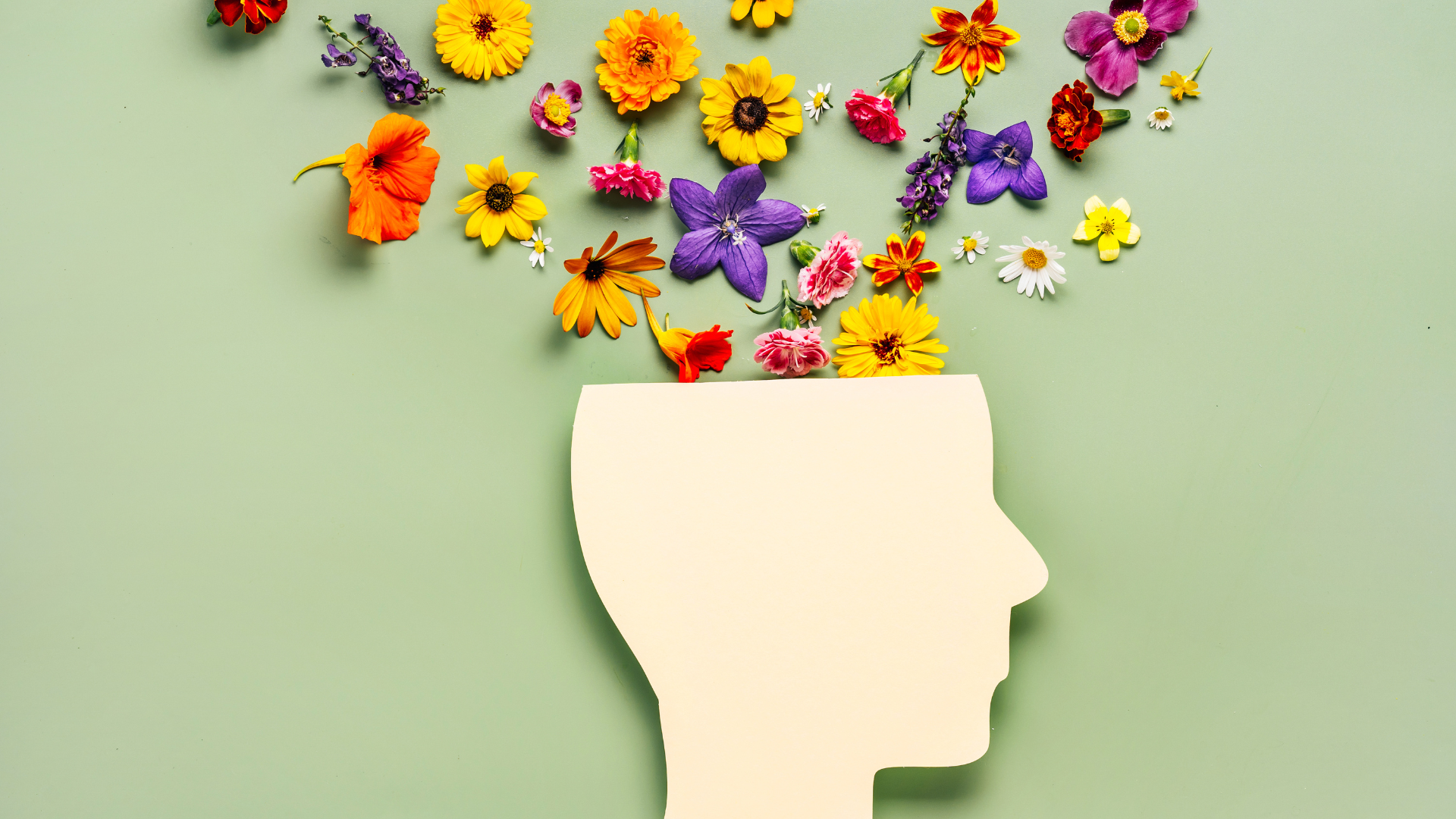Exercise and Ovarian Health: Benefits and Best Practices in Jackson, Mississippi

Menstrual pain can be a significant challenge for women in Jackson, Mississippi, but managing it effectively is key to maintaining overall ovarian wellness. In this blog post, we’ll explore practical tips and strategies to help reduce menstrual discomfort and support a healthier reproductive system. Whether through lifestyle adjustments, dietary changes, or natural remedies, finding what works best for your body can make a noticeable difference in how you feel each month.
Stay Active to Ease cramps.
Exercise is a great way to combat menstrual pain. Regular physical activity, even light exercises like walking or yoga, can help improve blood circulation and reduce atension, which is often the source of cramping. Engaging in these activities may also help release endorphins, which act as natural painkillers and improve mood, easing the discomfort of menstrual cramps.
Understanding the Link Between Stress and Ovarian Function
Stress triggers the release of cortisol, a hormone that can affect the delicate balance of reproductive hormones in the body. When cortisol levels are high, they can disrupt the production of estrogen and progesterone, hormones essential for regulating the menstrual cycle and ovulation. This hormonal imbalance can lead to irregular periods, difficulty conceiving, or even ovarian dysfunction.
How Stress Affects Ovulation
Chronic stress can inhibit ovulation, the process where an egg is released from the ovary. High levels of cortisol can interfere with the signals sent to the ovaries, causing missed or delayed ovulation. This disruption can make it harder to conceive, as regular ovulation is essential for pregnancy. If stress is left unmanaged, it may even contribute to conditions like polycystic ovary syndrome (PCOS), which can further complicate ovarian function.
Impact on Menstrual Cycle Regularity
Stress can have a significant impact on the regularity of your menstrual cycle. When the body is under stress, it prioritizes survival mechanisms over reproductive functions, which can lead to delayed, missed, or irregular periods. This disruption is often temporary, but if stress continues over time, it can lead to chronic menstrual issues, making it more difficult for women to track their cycles or understand their fertility patterns.
Stress and Ovarian Reserve
Your ovarian reserve refers to the number and quality of eggs in your ovaries. While stress may not directly deplete your egg count, long-term stress can affect the health of your reproductive system overall, which may impact your ovarian reserve. Stress-induced hormonal imbalances can lead to poor egg quality or fewer eggs being produced, which can negatively affect fertility, especially in women who are trying to conceive.
Managing Stress for Better Ovarian Health
Reducing stress is key to preserving ovarian function and overall reproductive health. Techniques such as yoga, meditation, exercise, and deep breathing can help lower cortisol levels and promote a sense of calm. Additionally, prioritizing sleep, maintaining a balanced diet, and seeking support from mental health professionals can further reduce the physical toll stress takes on your body. By managing stress effectively, you can support your ovarian health and improve your chances of healthy menstrual cycles and fertility.
Understanding the connection between stress and ovarian function is essential for maintaining reproductive health. By recognizing the impact of stress and taking proactive steps to manage it, you can help protect your ovaries and improve your overall well-being.




